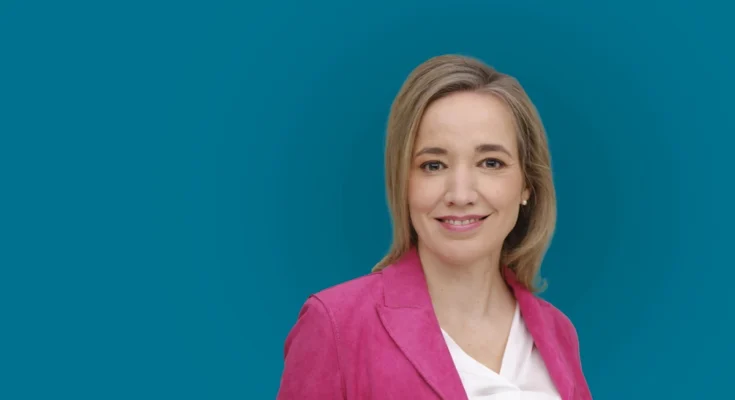As a slight contamination of drinking water was discovered, Wiesbaden went crazy: people discussed the dangers of washing hands “with contaminated water” and questioned whether boiled water should be used to water flowers. This case reveals a lot about Germany.
People are uncomfortable with risk. Especially with very small ones. He finds it difficult to respond to this matter rationally, the main meaning here is: proportionally.
This is exemplary in my hometown of Wiesbaden. During routine drinking water testing, bacteriological contamination was found once at one measurement point – all other tests were fine. Authorities then issued “preventive boiling requirements for drinking water”, otherwise health risks would “slightly increase”, especially for babies, pregnant women and people with weakened immune systems.
The joy that followed was immense. Dental practices canceled appointments, excited mothers discussed the dangers of washing hands “with contaminated water” in class chats, and the question of whether boiled water should also be used for watering flowers and aquariums was discussed on Facebook.
The authorities are not to blame for this. They behaved in accordance with applicable regulations, and as a citizen I would want to know about things like that. So I can quickly estimate the effort required to boil all the water for a household of five serving three meals a day. I can consider that, as far as I know, no one here is pregnant and, considering the small chance of any real harm occurring, I decide to ignore the legal boil water requirement.
Country risk calculation
On the other hand, it’s not that easy. As a rule, citizens are included in the government’s risk calculations, whether they want to or not. Of course, this is the most drastic thing during the pandemic. The entire country shut down for two years to minimize one health risk. Other health risks, as well as the humanitarian, social, psychological, cultural and economic damage caused by these stringent measures, are largely ignored.
Local climate policies also follow their own risk assessments. Hardly anyone would argue that its impact on the global climate is somewhere between immeasurable and non-existent. But we should not discuss the enormous impact these policies will have on our well-being and freedom. Climate protection should be free from any considerations.
The spirit behind it is always the same: namely the precautionary principle, which comes from the philosopher Hans Jonas and which primarily requires risk avoidance. According to Jonas, one should “prefer a worse prognosis to a better one,” and therefore, if there is any doubt, if a danger cannot be completely ruled out, one should decide not to use a new technology.
The main problem here is that the benefits you’re missing out on are overlooked or, at best, considered secondary benefits. The costs of avoiding a risk – in the case of drinking water, for example: dehydration because people no longer drink enough due to fear – are not taken into account systematically. The precautionary principle, which its critics do not malign as the “fear heuristic” but Jonas himself calls it that, systematically stifles innovation.
Despite this (or because of this?), the precautionary principle is deeply embedded in environmental, health and consumer policy. The EU has even enshrined it at a constitutional level. The ban on environmentally friendly genetic engineering stems from this spirit, as does – I would say: paranoid – data protection and AI regulation. And in Germany, the phase-out of nuclear energy shows consistent implementation could lead to: a rampaging energy policy where nothing is turned off and nothing is turned on.
Germany is currently in its longest economic crisis since the Second World War. If we want to recover economically, we have to start here first.
Kristina Schröder was a member of the German Bundestag from 2002 to 2017 and Federal Minister for Family, Senior Citizens, Women and Youth from 2009 to 2013. She currently works, among other things, as a management consultant and as co-chair of REPUBLIC 21, a think tank for new bourgeois politics. She is a member of the CDU and is the mother of three daughters.



